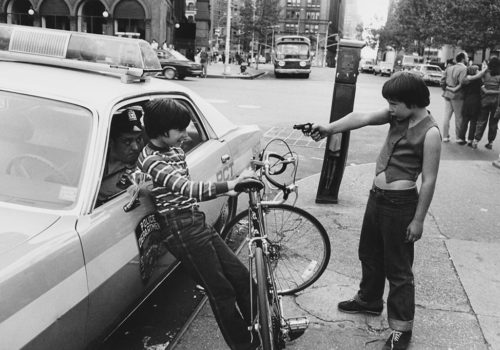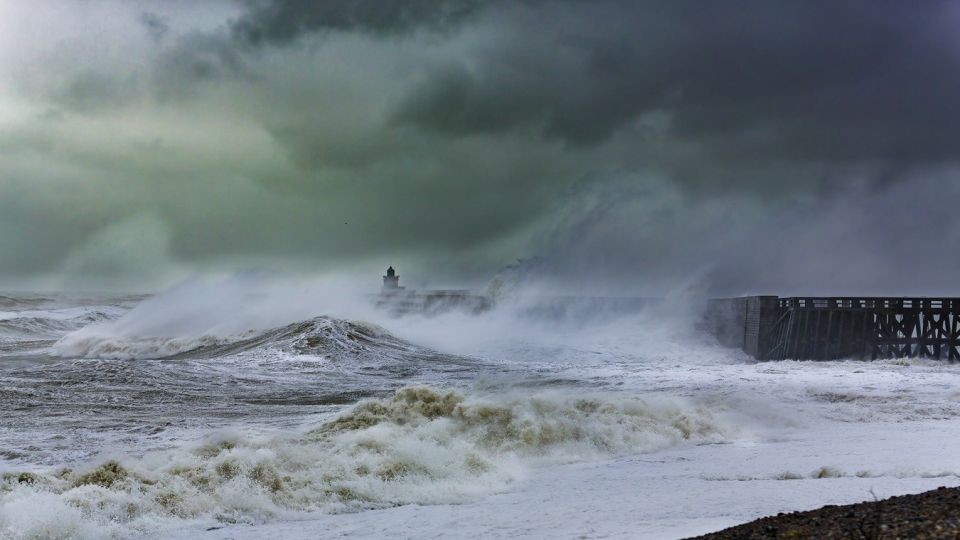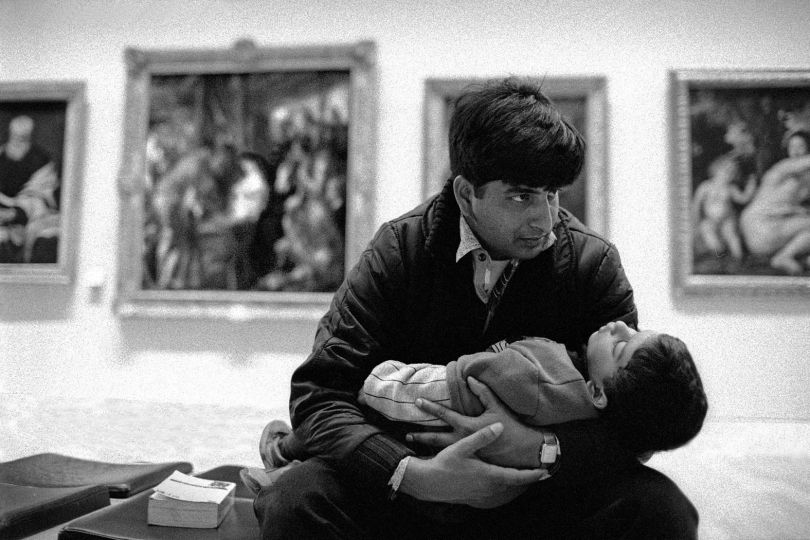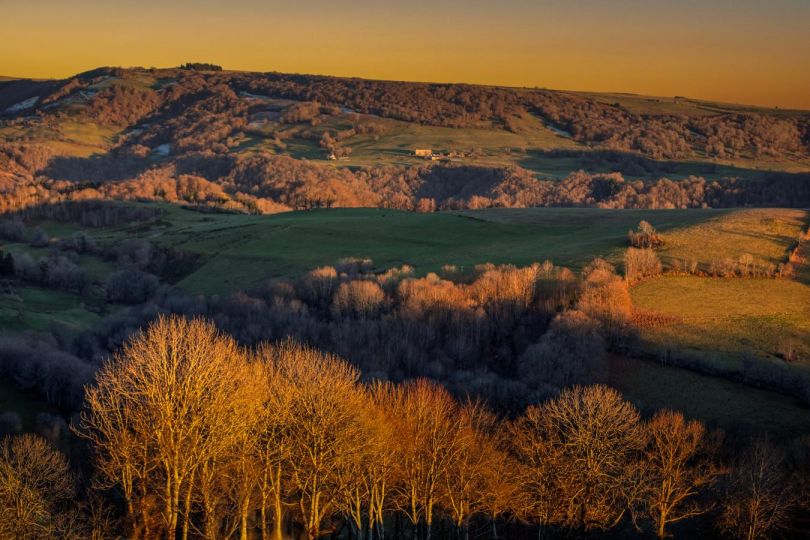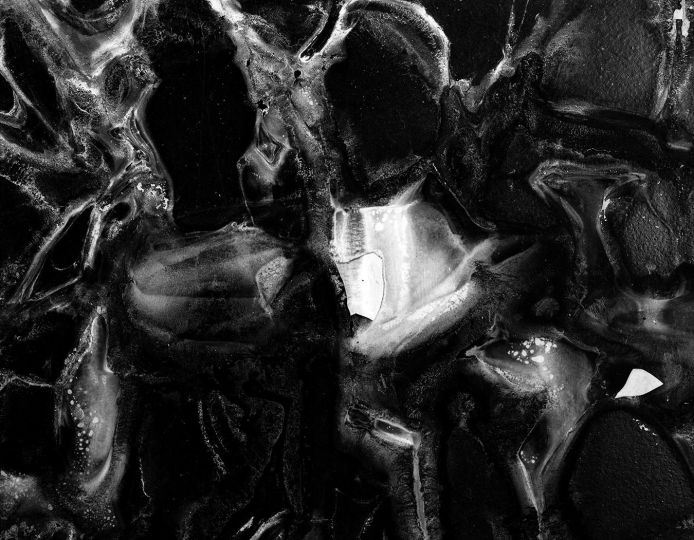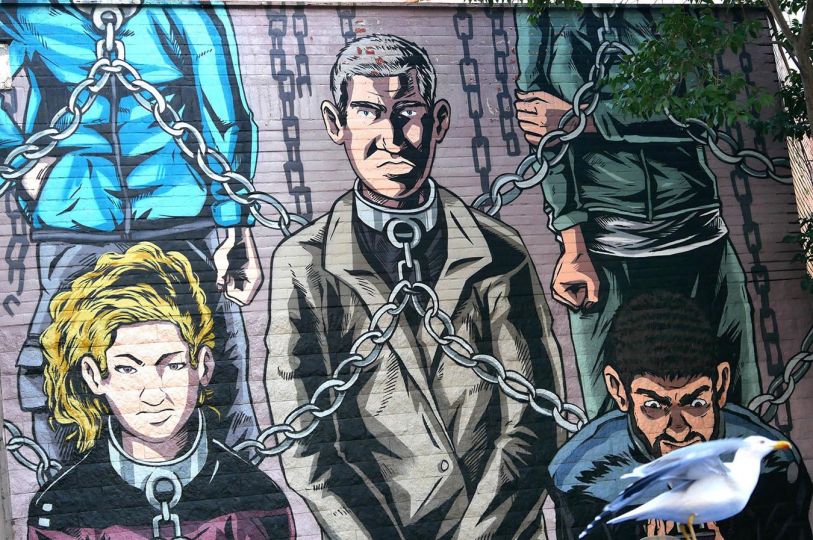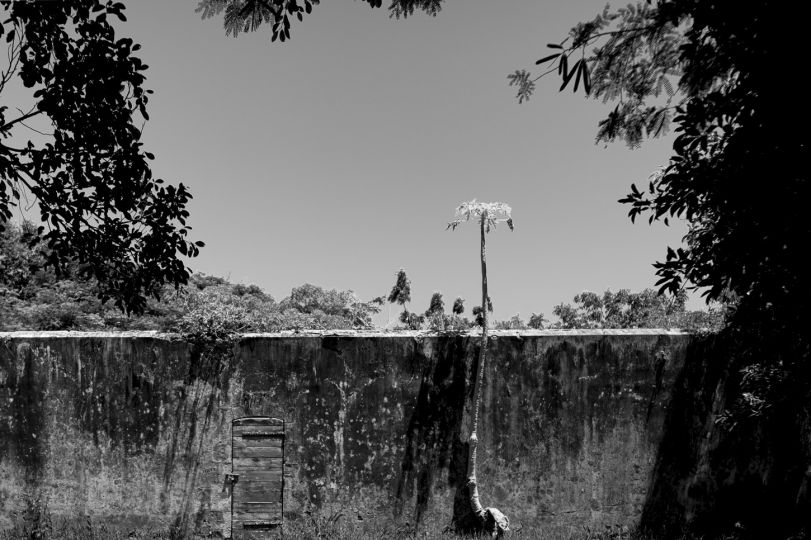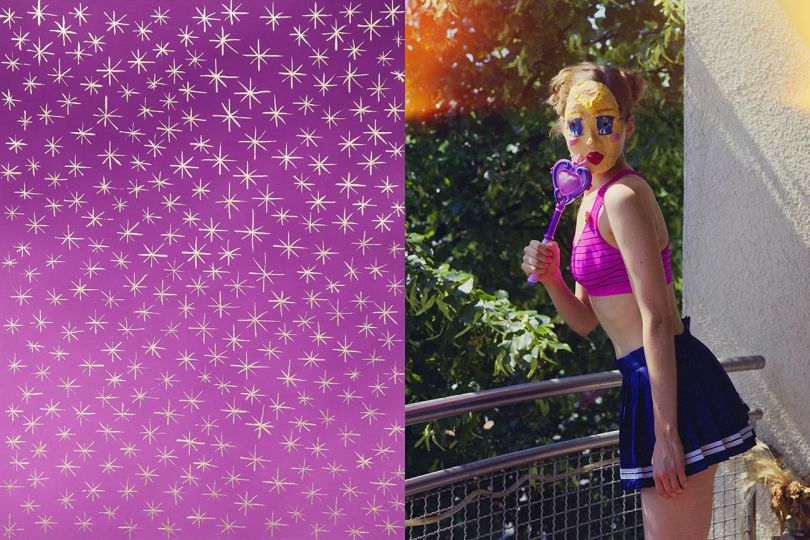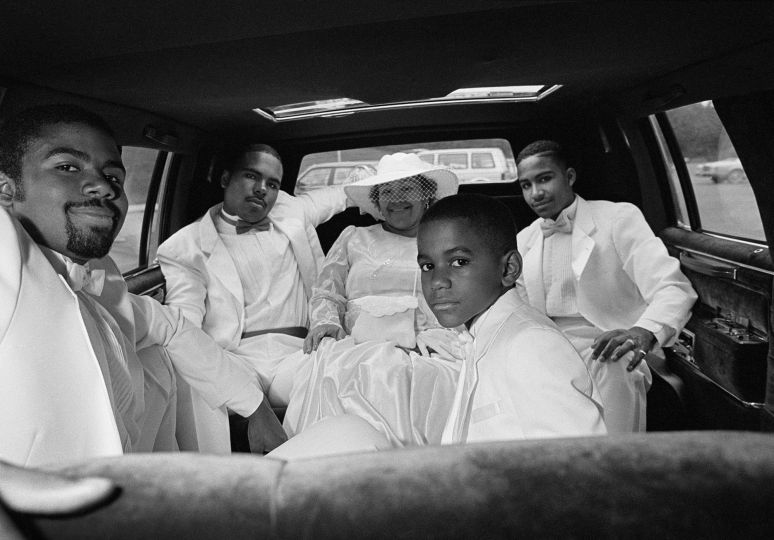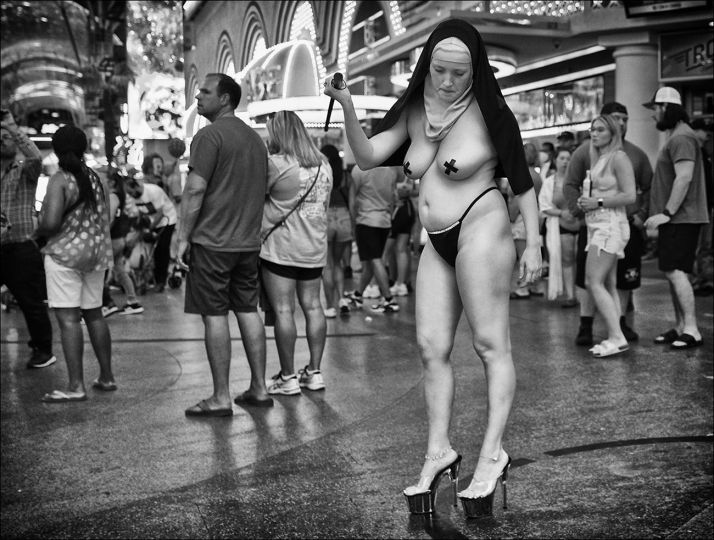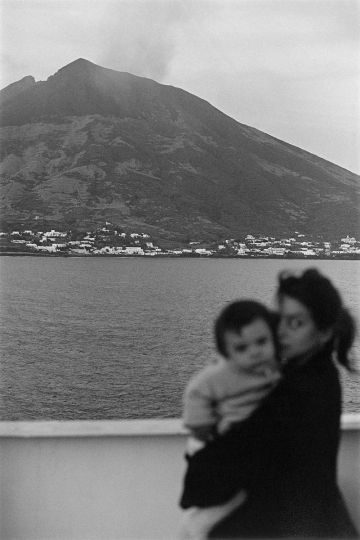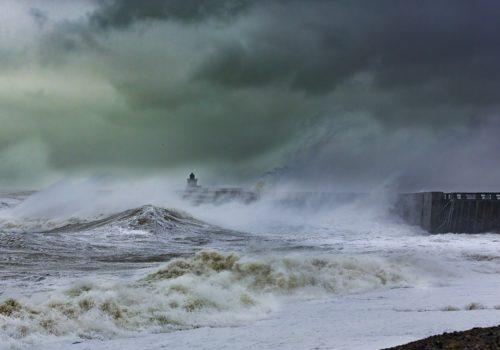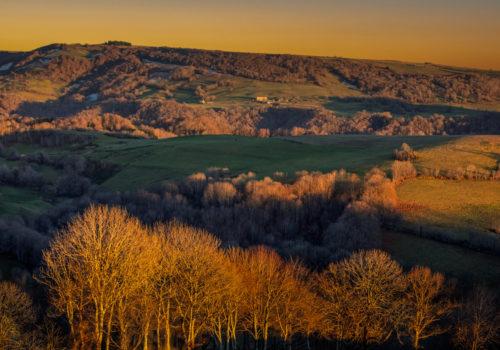“These here are some real New York ladies.” Nobody had ever come to my defense like this. It was a snowy January afternoon. The weather was cold but the mood was cheerful. Jill and I had just left her apartment in Harlem, near West 100th street, Morningside Park and the majestic cathedral that overlooks it. We were headed to the other side of Central Park, towards 70th street. In New York, you can only tickets for the bus with small change, which you usually only need for laundromats. Standing across from the stony-faced driver, I was digging in my pockets for a few more coins. “Just take a seat,” Jill said. “The driver won’t care, he’s used to it.”
Feeling guilty, I kept my mouth shut and took a seat next to her. With the bus still in motion, the driver got up and pointed his finger at me. “Hey, foreigner, you can pay for your ticket right now or you can get off at the next stop.” Embarrassed and not wanting to make trouble, I told him that I didn’t want to leave my companion behind but that I would get off at the next stoplight and continue on foot.
I’d hardly finished speaking when a torrent of insults started pouring out from behind me, blending in with the screeching brakes and swinging doors. “Hey driver, nobody’s getting of the bus!” “Leave that young man alone!” “Sit down, this guy doesn’t owe you anything!” Behind me was a group of five or six ladies in their fifties, wearing scarves and hats, shopping bags in hand, with Jill in the lead, her hand raised, all ready to pounce of their prey, who could only take refuge in his glass cage. That’s when Jill said, “These here are some real New York ladies.” And before we stepped off the bus, her head turned away in disgust, she delivered a remark filled with such disdain that the driver will surely remember it for life: “You’re not a good man.”
We walked a few blocks along Central Park, rehashing what had just happened. Jill seemed more rebellious than distraught, and slightly sad that her city had become so impersonal, but glad to see that you could still depend on help when you needed it. At that moment, right before we crossed 5th avenue, Jill looked as if she could have moved a mountain.
There’s probably no better story to describe her character. Jill Freedman is a rebel with a heart, a mischievous spirit who fascinated me from the moment I first saw her. At 75, she’s still full of energy, fearless of death, always ready with a word to make you laugh, or cry, because her photography is above all about passion. These are images of life, their beauty is what matters most. In the flood of complexity and reflection that 21st-century photography demands, it’s sometimes nice to have nothing more to say. Veterans will tell you that she’s always been that way. And they’re right. Well, almost. If I were their age, I would have fallen in love with her way of seeing the world.
A feature-length portrait of Jill Freedman and a retrospective of her career can be found in the latest issue of Camera.
MAGAZINE
Camera
revue trimestrielle
French / English
4 issues a year
84 pages
22,5 x 28,5 cm
9 euros

